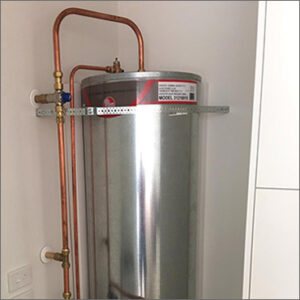If you’re thinking about upgrading your Vulcan Freeloader gas storage hot water cylinder to a Rinnai Infinity continuous flow system, you’re on the right track to a more efficient and modern hot water solution. However, it’s important to understand the key differences between the systems and the potential challenges involved in the upgrade process.
Here’s what you need to know about making the switch and whether it’s the right option for your home.
Why Consider Upgrading from a Vulcan Freeloader?
The Vulcan Freeloader has been a reliable hot water system in many New Zealand homes, but as technology evolves, newer systems like the Rinnai Infinity offer substantial benefits:
1. Improved Energy Efficiency
The Rinnai Infinity only heats water when you need it, compared to the constant reheating required by storage systems like the Vulcan. This can significantly reduce your energy bills.
2. Endless Hot Water
Say goodbye to running out of hot water. The Rinnai Infinity provides continuous hot water, no matter how many showers or appliances are in use.
3. Compact and Space-Saving
Unlike the bulky Vulcan Freeloader, the Rinnai Infinity is a sleek, wall-mounted unit that saves valuable space.
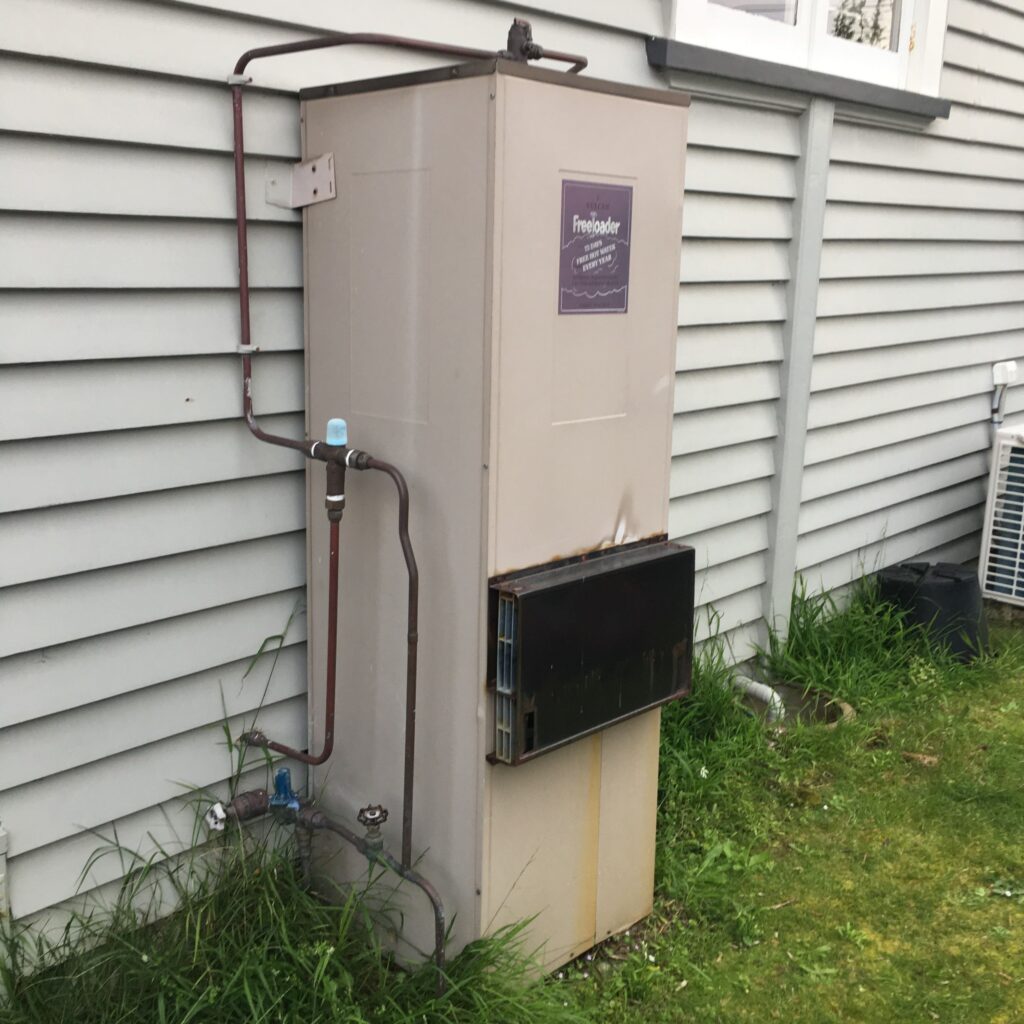
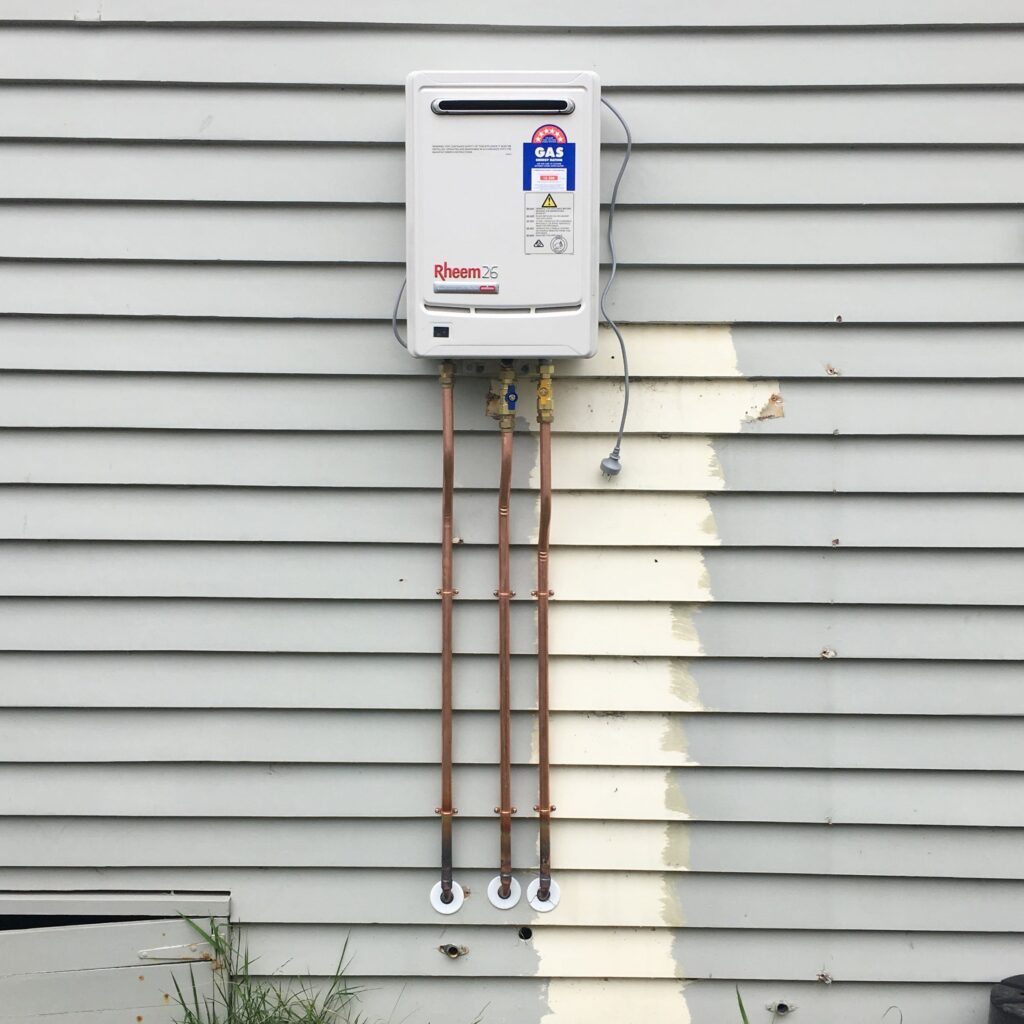
The Challenges of Upgrading to a Rinnai Infinity
While the Rinnai Infinity offers excellent performance, upgrading from a Vulcan Freeloader to a continuous flow system isn’t always straightforward. Here are the main challenges you might face:
1. Electricity Requirement
The Vulcan Freeloader operates without any electrical connection, while the Rinnai Infinity requires power for its ignition system. If there’s no existing power supply near your current hot water system, additional electrical work will be needed, increasing the complexity and cost.
2. Gas Line Upgrade
Most Vulcan Freeloaders were installed with a 10mm gas line, which is sufficient for a storage system. However, the Rinnai Infinity requires a 20mm gas line to supply the higher gas demand. If your gas meter is far from the hot water system, upgrading the gas line can be expensive and logistically challenging.
3. Installation Costs
Between the electrical and gas line upgrades, the cost to switch to a Rinnai Infinity can sometimes outweigh the benefits, particularly if your current setup requires extensive modifications.
A Simple Alternative: Upgrade to a Rheem Stellar
If the cost or logistics of switching to a Rinnai Infinity are prohibitive, upgrading to a Rheem Stellar gas storage hot water cylinder may be a better solution. Here’s why:
- Perfect Replacement: The Rheem Stellar is designed as a direct replacement for the Vulcan Freeloader, minimizing the need for modifications.
- No Electrical Connection Needed: Like the Vulcan, the Rheem Stellar doesn’t require electricity, making it a simpler and more affordable upgrade.
- Improved Efficiency: While not as efficient as a continuous flow system, the Rheem Stellar offers better energy performance than older Vulcan models.
- Ample Hot Water Supply: The Rheem Stellar provides consistent, high-pressure hot water and is ideal for households with high water demands.
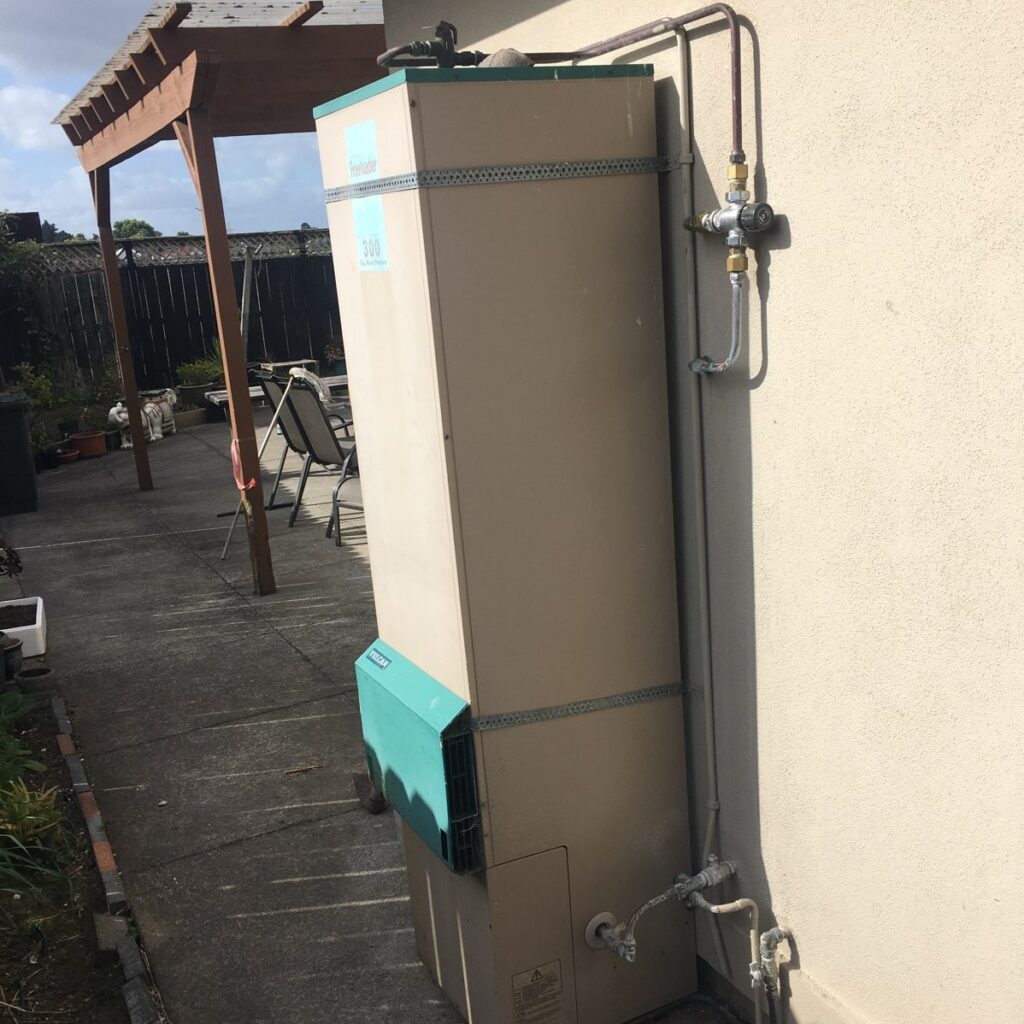
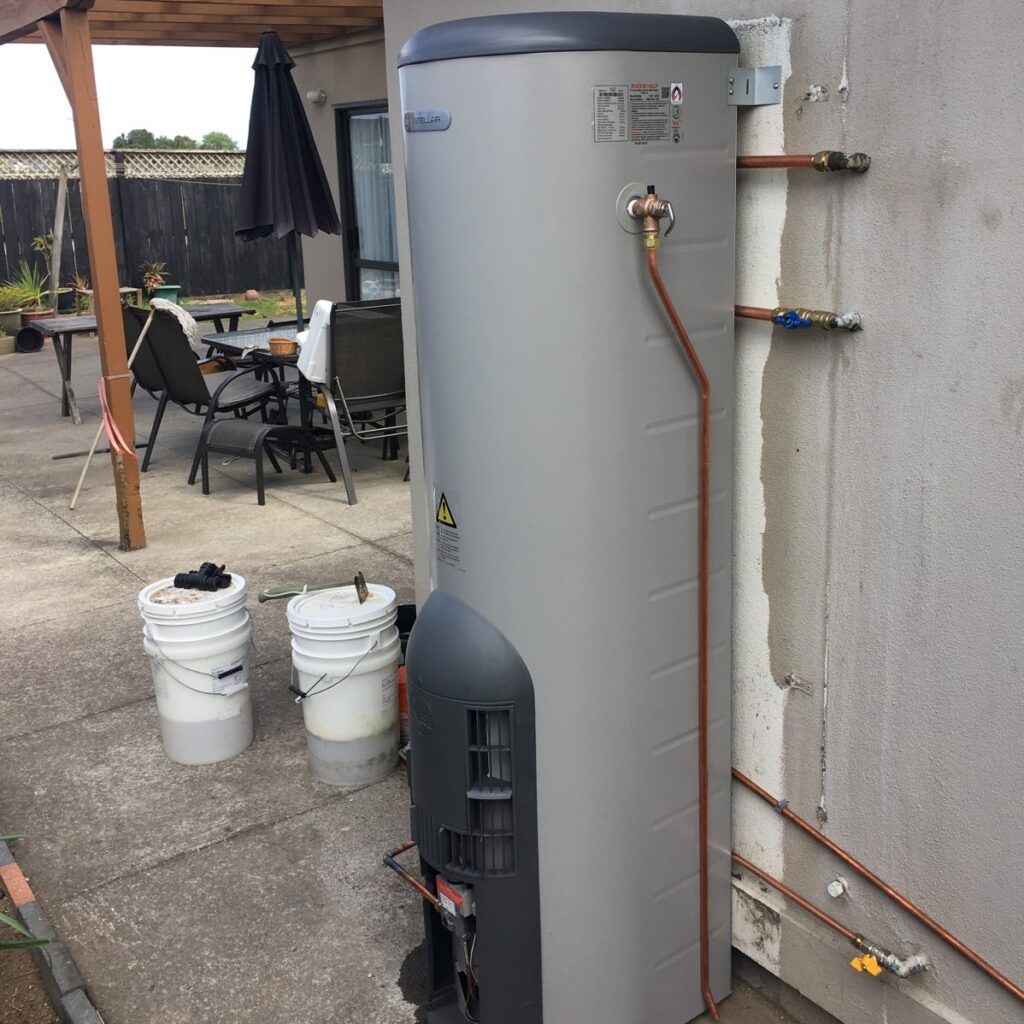
Is Upgrading Worth It?
The decision to upgrade from a Vulcan Freeloader to a Rinnai Infinity depends on your specific situation:
- Opt for a Rinnai Infinity if you’re looking for the most energy-efficient system and are prepared to invest in the necessary upgrades.
- Choose a Rheem Stellar if you want a straightforward replacement with fewer installation challenges.
Both options offer significant improvements over the old Vulcan Freeloader, so it ultimately comes down to your budget, priorities, and the feasibility of making the switch.
Get Expert Advice from Regency Plumbing
If you’re considering an upgrade, Regency Plumbing can help. Our team of licensed plumbers specializes in hot water system installations and replacements across Auckland, NZ. We’ll assess your current system, explain your options, and provide a clear, detailed quote.

